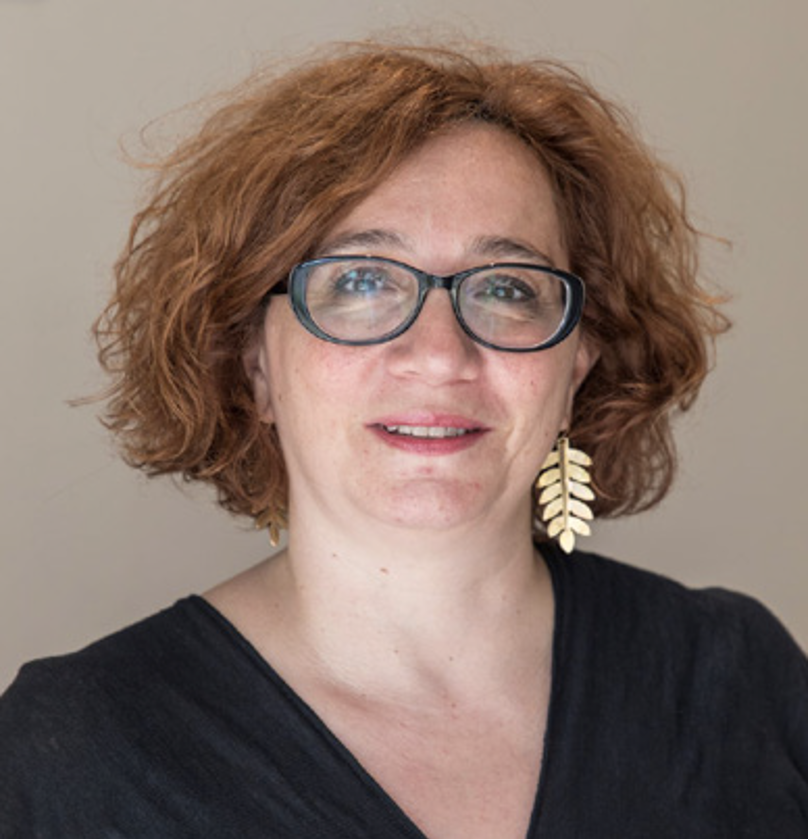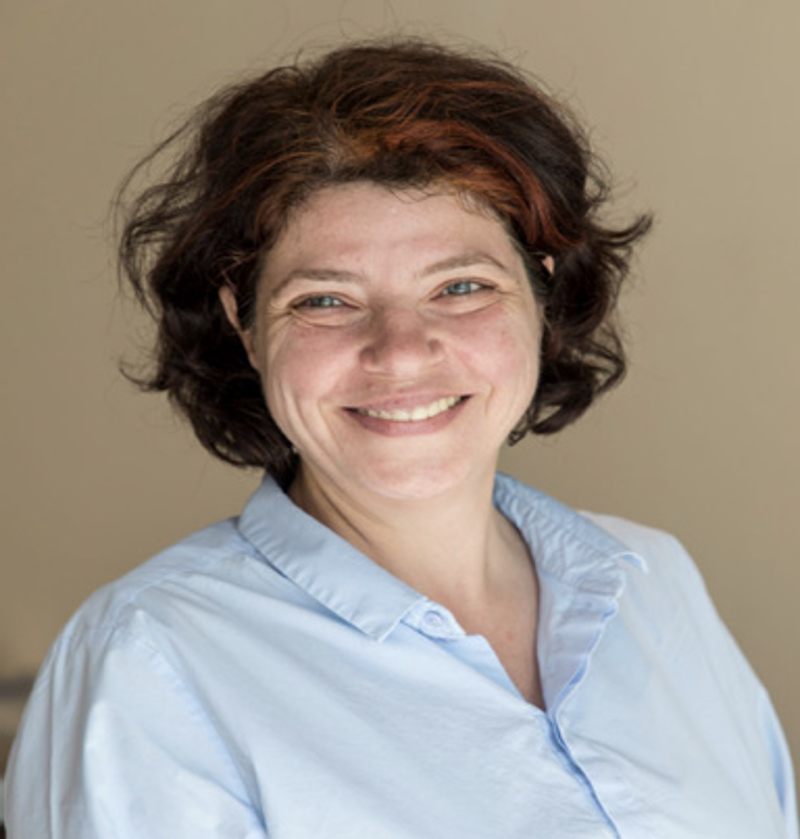The youth bulge registered in the Middle East in the past decade reveals how youth is becoming a crucial resource in the area. Described in world media primarily in terms of radicalisation or political mobilisation, youth is ambivalently torn between opportunity and challenge. In the Gulf Cooperation Countries (Bahrain, Kuwait, Oman, Qatar, Saudi Arabia, and UAE) young people enjoy an extensive welfare system, can access the latest technological advances, live in a globalised culture and display international consumption patterns. However, they have been affected by the drop of oil prices, have been hit by unemployment, and are experiencing challenges in terms of education opportunities and housing availability. Their demands for social and political change display potential instability, as evidenced by the uprisings in the region. Moreover, governments have alternated increased security measures and tighter provisions with ad hoc youth programmes to foster creativity, entrepreneurship and inclusiveness. The workshop intends to interrogate quotidian youth cultures in the past decade, seeking to contribute to Gulf Studies by complicating and questioning the continuity with the literature; investigating the implications on Khaleeji identity construction and wider social, cultural and political processes; examining from a multi-disciplinary perspective the relationship with dominant narratives in a globalised society; complicating the framework of opposition and resistance. In so doing, the workshop 2 will bring a critical perspective on quotidian youth cultures in the GCC, unpacking the ambiguities and contradictions, and contextualising an under-researched topic.
3 DAYS / 12 Workshops
MORE THAN 300 ACADEMIC PAPERS
Youth studies as an interdisciplinary field focuses on young people’s cultures and their
relationship with society at large (Benasso, Helve, Merico, 2018). Classical
contributions like Karl Mannheim’s The Problem of Generations (1952 [1928]) link
youth with political cultures of the past, stressing the important role the new generations
might have in social and political change as a ‘latent resource’. Moreover, their
flexibility allows them to adapt more rapidly to new societal and cultural patterns.
Talcott Parsons further investigated youth culture as motivated by opposing forces,
namely independence (from the previous generations) and conformity (to peer groups)
(1942). Stuart Hall, then, operated an important link between cultural and youth studies,
concentrating his scholarship on youth culture and subcultures (Hall and Jefferson,
1976). Traditionally, youth studies have investigated primarily youth in North
American and European societies, while youth in the Middle East has attracted a
growing sensationalistic interest in terms of terrorism, uprisings and protests, religious
extremism, and migration emergencies. The effects of globalization on youth have been
addressed by Zygmunt Bauman as a condition of liminal drift (1976), a finding further
reiterated by Guy Standing with the notion of precariat (2011) and precariousness,
while Linda Herrera and Asef Bayat have addressed Muslim youth challenges and
political cultures in the Global South with their seminal work (2010). Last year, Linda
Herrera convincingly called for a new engagement of scholars and researchers “as a
collective means to better understand the current realities and challenges” facing youth
in the Middle East (2017, 37). In a way, the present workshop seeks to take up the
challenge to investigate this issue further.

